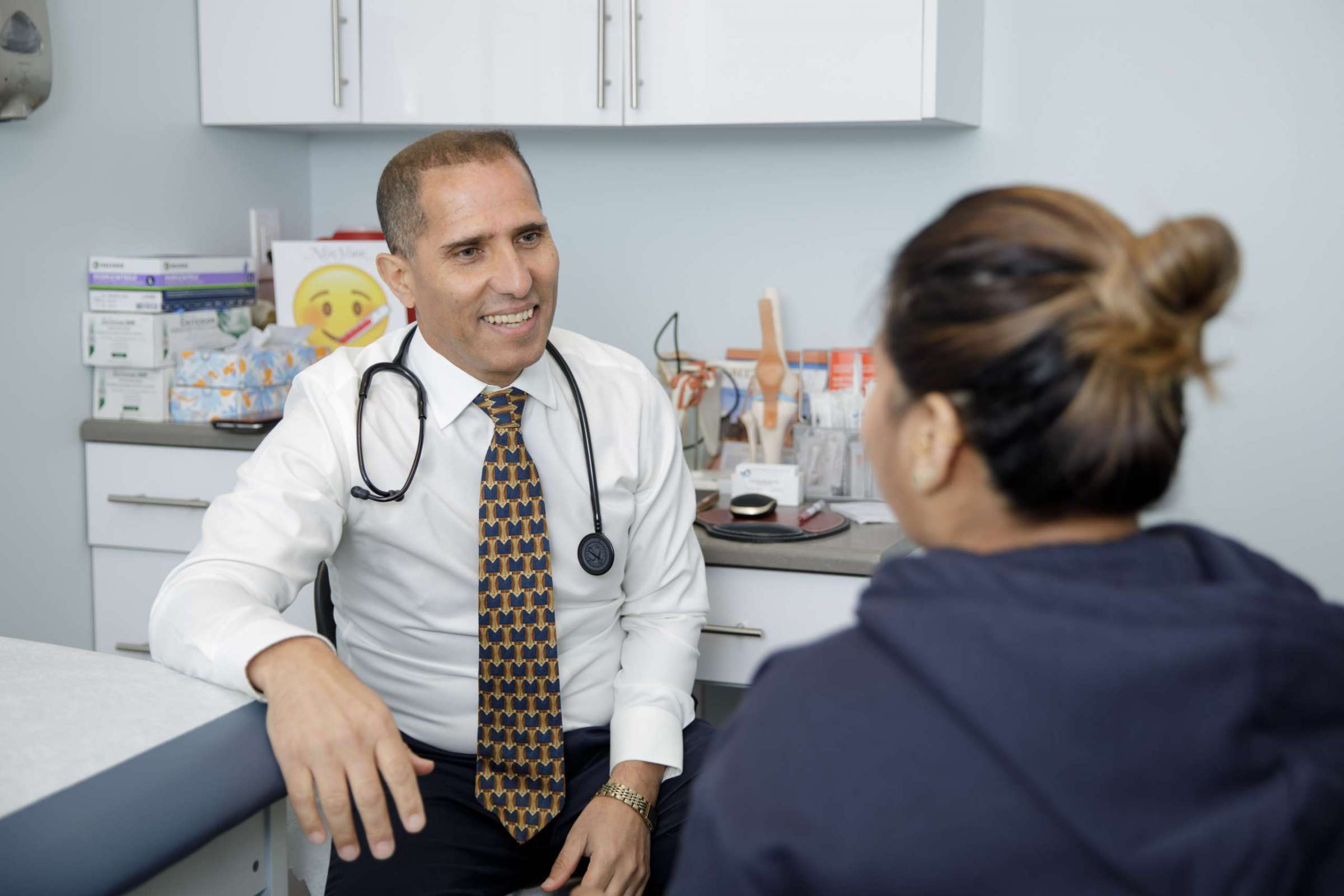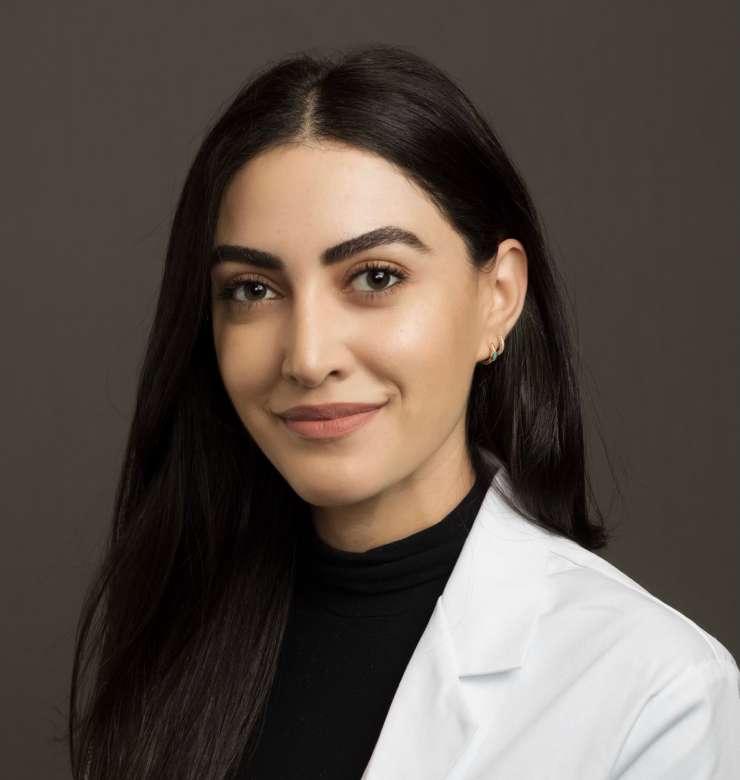
In this day and age, especially given the pandemic, we recognize that it is hard to be healthy.
We are here for any of your primary care needs, and we are here to guide you on your health journey. Our goal is to provide individual, preventative, and compassionate care; however, you are always in the driver’s seat, telling us what works best for you.
Optimizing your health is our mission, and effective Primary Care addresses many important aspects to living a health life.
Some common reasons for a primary care visit include:
- Just to get a check-up
- Osteoarthritis and joint disorders
- Back problems
- Cholesterol problems
- Upper respiratory conditions, excluding asthma
- Anxiety, depression, and poor concentration
- Chronic neurologic disorders
- High blood pressure
- Headaches and migraines
- Diabetes

Frequently Asked Questions
A person should get a physical once each year.
The exam helps the doctor determine if there are any signs of certain conditions. The doctors at Bethany Medical Center will help the person live a healthier life by recommending lifestyle changes and by diagnosing and preventing health problems. It’s also a time for the doctor to schedule any follow-ups for further testing.
Although some doctors make visits brief, the physicians at Bethany Medical Center make sure to do a thorough examination of each patient to detect as many issues as early as possible and any possible conditions before they develop. The doctor will check a person’s vitals: blood pressure, heart rate, respiration, and temperature. The physician will conduct an examination of the person’s body. The doctor will evaluate how well the patient moves as well as the condition of the person’s skin. In the elderly, the physician will check the patient’s memory. Using a stethoscope, the doctor will listen to the patient’s heart to listen for a murmur, heart disease or an irregular heartbeat. The doctor will also use the stethoscope to listen to the person’s lungs. Wheezing, cracking or shallow breathing could indicate a lung or heart problem. The doctor may examine the patient’s head, neck, extremities, and abdomen.
Men will have their testicles checked for tenderness or lumps. The doctor checks a man for a hernia. His prostate and penis may be evaluated. Women may receive a breast and pelvic exam.
The doctor does monitor chronic conditions like asthma, hypertension, and diabetes at a physical exam.
The doctor will conduct physicals for other reasons besides just a yearly exam such as for a driver’s license permit, work, school or sports.








